The Institute of Composition, Conducting and Computer Music fosters the creative potential of its students in an interactive approach to the areas of Composition, Improvisation, Conducting, Ensemble Playing and Research. In the Bachelor's and Master's degree programmes, various minors enable students to concentrate on the areas that best suit their own artistic intentions – while maintaining permeability and a cross-genre orientation as central principles.
Lehrende

Birch, Sven
Institutsdirektor / Klavier

Breuer, Bernhard
Postdigital Ensemble
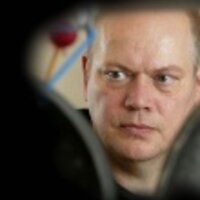
Cech, Christoph
Komposition / Jazz & Crossover
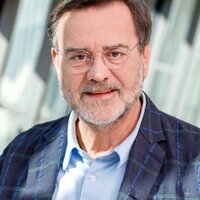
Freudenthaler, Erland Maria
Komposition / Musiktheater
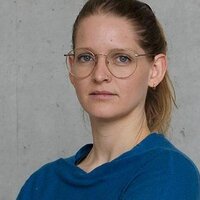
Goidinger-Koch, Sophia
Ensemble Neue Musik

Kirchweger, Lisa Magdalena
EF Klavier | EF Klavier für EMP | Klavierpraxis
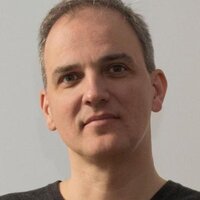
Klien, Volkmar
Komposition, Dirigieren und Computermusik
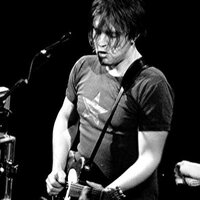
Koller, Martin
Gitarre - Jazz

Leopold, Georg
Chordirigieren

Lopez Leal, Annette
Zeitgenössicher Tanz / Repertoire / Didaktik / Partnering / Ensemble neue Musik und Tanz
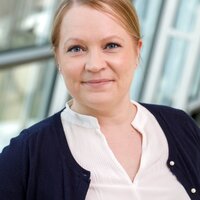
Luosujärvi, Heidi
Akkordeon

Löschel, Johannes
Institutsdirektor, Komposition / Jazz
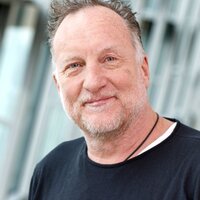
Maaß, Stephan
Percussion - Jazz

Mendoza Mejia, Enrique
Electro Instrumentarium / Techniken digitaler Musik

Moskalik, Danuta Zofia
Stimmbildung für Dirigent*innen
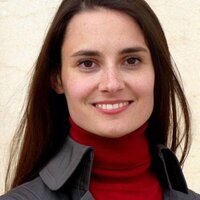
Müller-Höcker, Katrin
Sprecherziehung für Schauspieler*innen, Gesang für Schauspieler*innen, Stimmbildung für Dirigent*innen
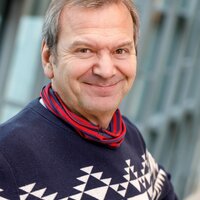
Radovan-Coulter, Christian
Posaune - Jazz

Resch, Gerald
Instrumentation

Roth, Katharina
Kompositionstechniken
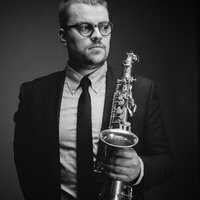
Rucker, Fabian
![[Translate to English:] (c) Delacy Sarhan, François](/fileadmin/_processed_/0/c/csm_sarhan-francois_c_delacy-768x511_62859b6980.jpg)
Sarhan, François
Composition / Music theater
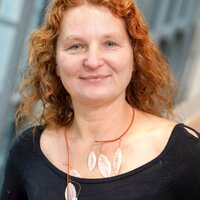
Schlimp, Karen
EF Klavier | EF Klavier für EMP | Klavierpraxis
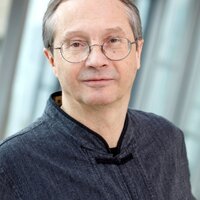
Weixler, Andreas
Komposition / Medienkomposition und Computermusik
![[Translate to English:] © Bogi Nagy [Translate to English:] © Bogi Nagy](/fileadmin/_processed_/7/e/csm_komposition-und-dirigieren-luel2024-c-bogi-nagy_53ed4ae52d.jpg)